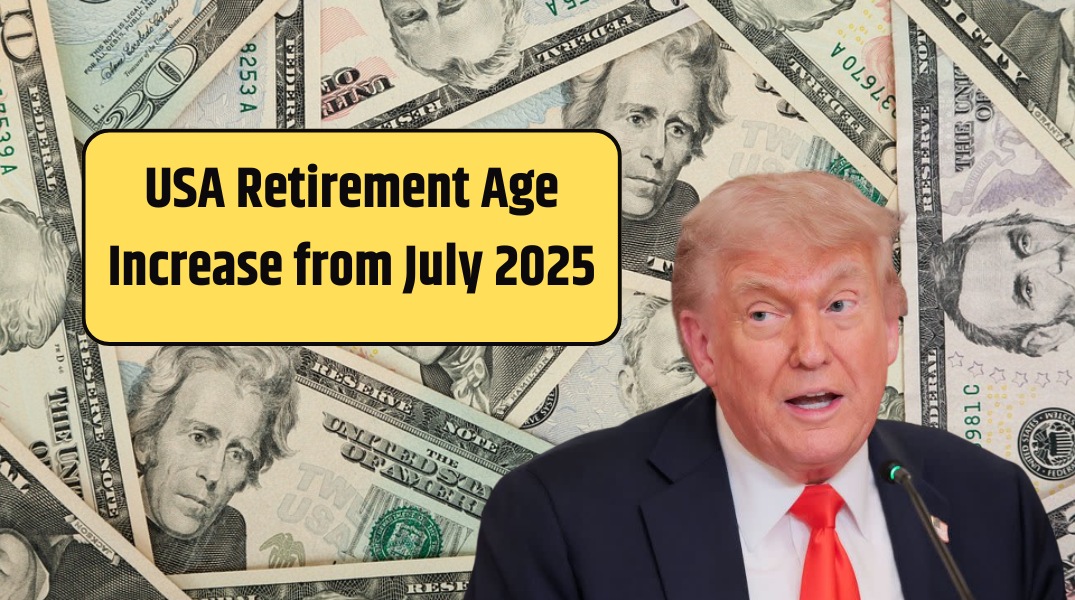Credit One Bank is in the spotlight again — and not in a good way. The financial institution has agreed to a $14 million class action settlement, resolving allegations of unauthorized robocalls and questionable billing practices that occurred between 2014 and 2019. While the bank continues to deny any liability, this settlement marks another chapter in its rocky relationship with consumer trust.
📞 What Sparked the Lawsuit?
The class action focused on two primary complaints from Credit One customers:
-
Unsolicited Robocalls
Customers allege they received automated calls without prior consent, a violation of the Telephone Consumer Protection Act (TCPA). These calls were often repetitive and intrusive. -
Hidden and Unfair Charges
Credit card holders reported sudden spikes in interest rates, unexplained charges, and unclear fee structures. Many claimed they were blindsided by bills that didn’t match what was originally agreed upon.
Although Credit One hasn’t admitted to wrongdoing, the decision to settle suggests a desire to avoid lengthy legal proceedings and further damage to its brand reputation.
Who Can File a Claim?
You may be eligible to receive compensation if:
-
You received robocalls from Credit One Bank between 2014 and 2019 without your prior consent.
OR -
You held a Credit One credit card account during the same period and experienced unexpected billing issues.
Note: You don’t need to still have an active account. Your eligibility depends on your customer status and experience during the class period, not now.
What’s the Potential Payout?
While the exact amount will vary, claimants could receive anywhere from $100 to $1,000. Several factors influence this:
| Factor | Effect on Your Payment |
|---|---|
| Total number of valid claims | More claims = smaller share per person |
| Severity of billing issues | Detailed evidence may boost your claim |
| Type of complaint | Robocall vs. billing disputes may be treated differently |
| Supporting documents | While not always required, they can help |
➡️ Tip: If you’ve saved emails, bills, or call logs from the time, include them in your claim submission for potential higher compensation.
Also Read – Good news for 65-year-olds: Collect a Social Security payment of $1,711 in July in the U.S. if eligible
How to File
If you qualify, here’s how to take the next step:
-
Visit the official settlement website (managed by the claims administrator).
-
Fill out the online claim form or download a copy to send by mail.
-
Choose how you want to be paid – direct deposit or check.
-
Submit before the claim deadline (yet to be announced).
✅ Be sure to hold onto any relevant records, especially if you had repeated billing disputes or robocalls.
Why This Matters for Consumers
Credit One Bank primarily serves subprime borrowers — individuals who may already face financial difficulties or have limited credit access. For many of these customers, hidden charges or persistent robocalls aren’t just annoying — they can cause real financial harm.
This lawsuit, while settled without an admission of guilt, highlights a pattern of behavior seen in many large financial institutions: aggressive marketing, poor customer service, and lack of transparency, especially toward vulnerable consumers.
Did You Know?
Here’s an interesting twist: Credit One is often confused with Capital One due to their similar logos and branding. This confusion may have led some customers to unintentionally open accounts with Credit One, thinking they were dealing with the more widely recognized lender. Consumer watchdog groups have flagged this branding similarity as misleading in the past.
What Happens Next?
The court still needs to grant final approval of the settlement. After that, the payout process will begin, likely several months after the claim deadline passes.
Stay in the loop by:
-
Signing up for email updates on the official claims website
-
Checking for court approval milestones
Frequently Asked Questions
Do I need to show proof I got robocalls or surprise charges?
Not necessarily. Credit One’s records may confirm your eligibility, but having proof like call logs or statements can strengthen your claim.
Also Read – Goodbye Retirement at 67: New Social Security Age Reshapes U.S. Plans
Can I still file if I closed my Credit One account?
Yes — as long as your experience occurred between 2014 and 2019, you remain eligible.
When will payments be made?
That depends on how quickly the settlement is approved and how many people file claims. Expect updates from the administrator throughout 2025.
Final Thoughts
While this settlement may not erase the headaches many Credit One customers experienced, it sends a strong message: financial institutions must be held accountable for aggressive tactics and murky billing practices.
If you think you’re eligible, take a few minutes to file your claim. A little effort could turn into a few hundred dollars — and a small win in the larger fight for fair treatment in the banking world.
Let me know if you’d like help crafting a social media post, claim reminder email, or a PDF summary of this article for easy sharing!












